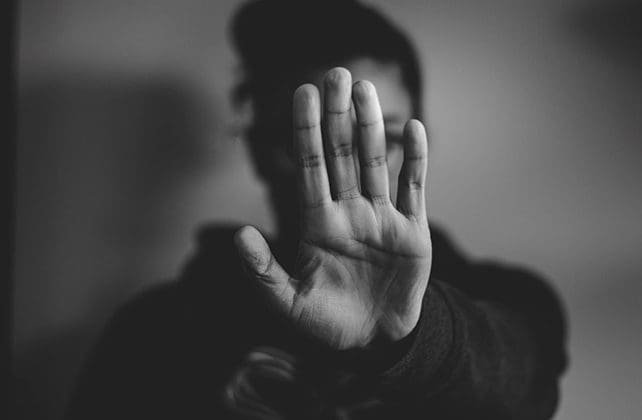
(Pew Research Center) Government restrictions on religion take many forms around the world. Particularly restrictive governments often limit religious expression by banning certain groups – including entire faiths, social movements or political organizations that have ties to religion.
In fact, 41 countries – or around a fifth (21%) of those evaluated – banned at least one religion-related group in 2019, according to a Pew Research Center analysis of laws and policies in effect in 198 countries in 2019, the most recent year for which comprehensive data is available. Jehovah’s Witnesses and Baha’is were among the most frequently banned groups.
The Middle East-North Africa region had the highest share of countries (55%, or 11 out of 20 countries in the region) with bans on religion-related groups in 2019. Asia and the Pacific – the largest region in the study, with 50 nations – had the greatest number of countries with bans (17 out of 50 countries, or 34% of the region). Sub-Saharan Africa had eight countries with bans (representing about 17% of the 48 states in the region), Europe had three (or about 7% of the region’s 45 countries) and the Americas had two nations with such bans in place (representing about 6% of the region’s 35 countries).
